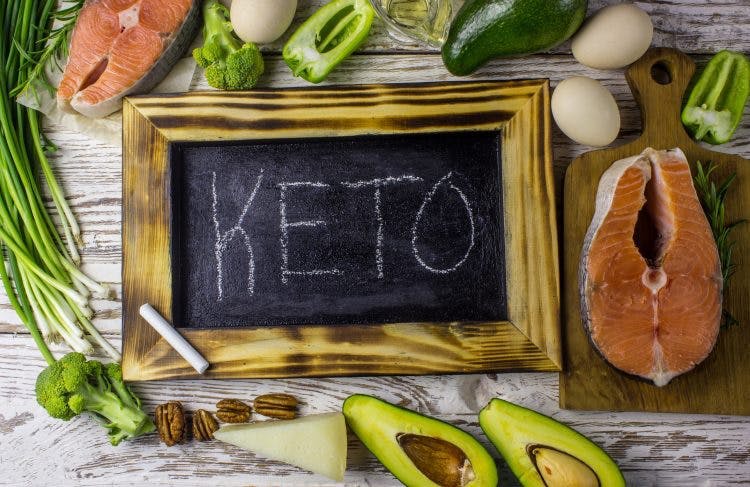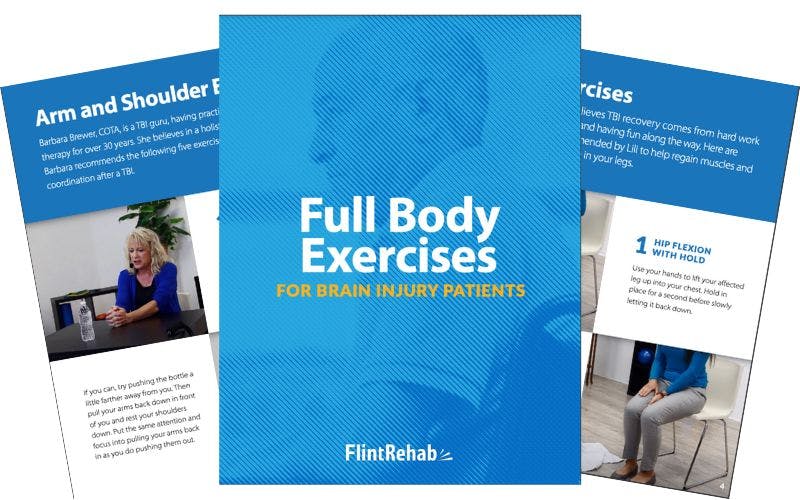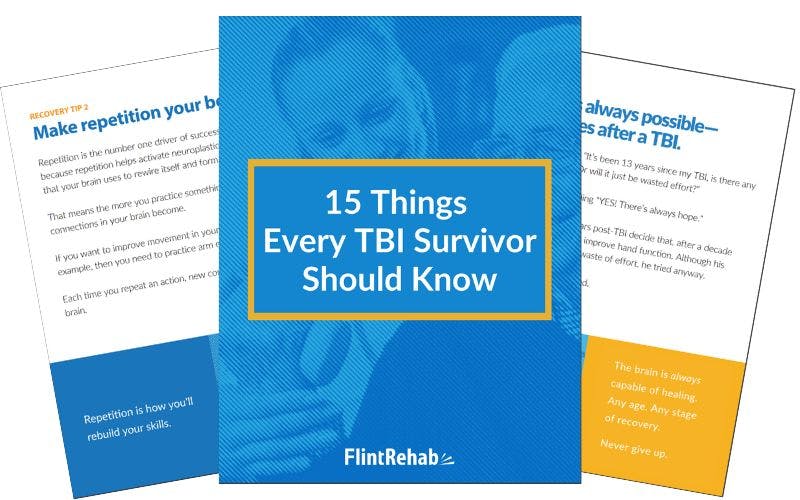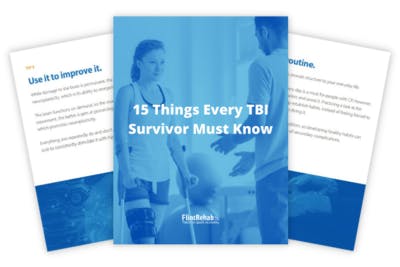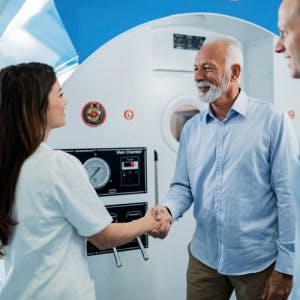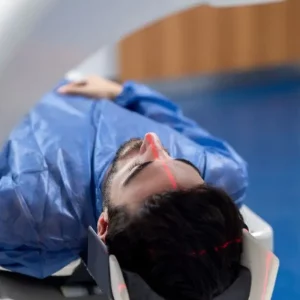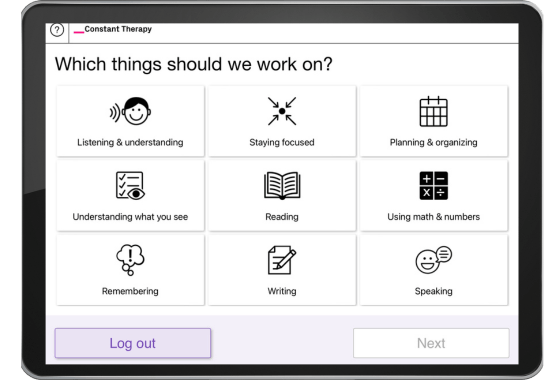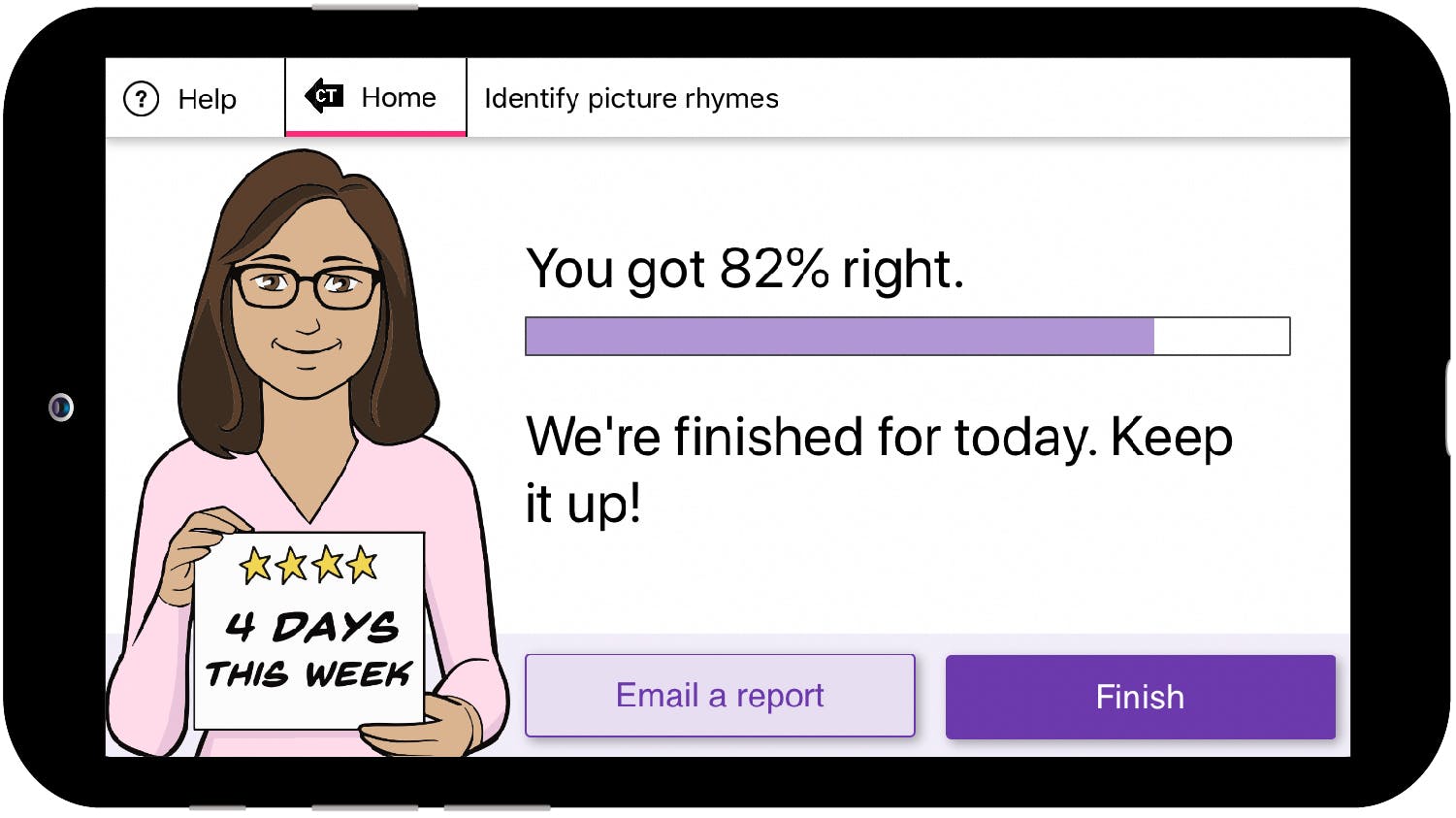Can a ketogenic diet help promote recovery after a traumatic brain injury?
The ketogenic diet is a low-carb, high-fat diet that alters your body’s main source of energy from glucose to ketones. It’s suggested that this diet has neuroprotective benefits, which may be able to promote recovery after a traumatic brain injury.
To help you determine whether the ketogenic diet is worth trying for TBI recovery, this article will discuss how it works, its benefits, and potential complications.
The Reasoning Behind Adopting a Ketogenic Diet for Traumatic Brain Injury Recovery
In a balanced diet, glucose (from carbohydrates) is the brain’s primary source of energy. However, after a traumatic brain injury, the brain may not be able to process glucose as efficiently as it did before.
A major concern in traumatic brain injury recovery is getting your brain enough energy to promote healing. This is where the ketogenic diet may be able to help!
The goal of a ketogenic diet is to encourage the body to burn fat for energy instead of sugar. To do this, the body must enter a state of ketosis by cutting off the primary source of sugar: carbohydrates.
Once ketosis is triggered, the fat your liver processes is converted into ketones, which your body can use for energy.
Because ketones are one of the few molecules that can cross the blood-brain barrier, they can serve as an alternative source of energy for the brain when its ability to metabolize glucose is disrupted.
In the following section, we’ll discuss potential benefits of following a ketogenic diet after TBI.
Benefits of a Ketogenic Diet for Traumatic Brain Injury Recovery

Currently, only animal models suggest that a ketogenic diet can provide neuroprotective benefits following a TBI. However, the results are promising.
Research shows that ketones “decrease oxidative stress, increase antioxidants, and scavenge free radicals.” These processes are essential for promoting healing of the brain.
It’s also important to understand that there are significant limitations in correlating the results from animal studies to humans. For example, rodents have lesser energy reserves and higher metabolic rates than humans. As a result, more human studies are required before concluding that a keto diet can help individuals recover from a TBI.
One benefit of a ketogenic diet that has been proven in human studies is its effectiveness at reducing seizures. This is relevant because individuals can develop epilepsy following a TBI. Ketones help stabilize neuronal activity, which can help prevent the abnormal and excessive electrical activity in the brain that causes seizures.
In the next section, we’ll discuss potential complications of following a ketogenic diet after traumatic brain injury.
Are Ketogenic Diets Safe for Patients After Traumatic Brain Injury?

Ketogenic diets are mostly safe, but some health risks and possible side effects can occur.
The following are potential complications you should be aware of before deciding to try keto.
The “Keto Flu”
When the body starts transitioning into ketosis, some people may experience flu-like symptoms. These can include:
- vomiting
- stomach pain
- brain fog
- fatigue
- dizziness
- difficulties sleeping
- irritability
This “keto flu” doesn’t happen to everyone, and typically only lasts a few days when it does. But for people with brain injury who already struggle with some of these secondary effects, it may be problematic.
Make sure to consult with your doctor before making any major dietary changes to make sure that adopting a ketogenic diet is safe for your specific condition.
Ketoacidosis
Individuals with diabetes after brain injury should not follow the keto diet because they have a greater risk of developing ketoacidosis.
Ketoacidosis occurs when the body stores too many ketones and the blood becomes too acidic.
Signs and symptoms of ketoacidosis include:
- Dry mouth
- Frequent urination
- Nausea
- Sweet, sugary breath
- Breathing difficulties
If you experience any of these, you should contact your doctor right away.
Stress
Following a ketogenic diet can be intimidating because of its restrictive nature.
In order to stay in ketosis, individuals must measure their carb intake for every meal. Even healthy foods like carrots and apples are often considered too high in carbs to remain in ketosis.
When you’re recovering from a traumatic brain injury, the last thing you need is more stress. This ultimately comes down to knowing yourself and whether you’re willing to give up certain foods. If following a strict diet is not ideal for your mental health or lifestyle, do not force it.
Ketogenic Diet and Traumatic Brain Injury: Key Points
The ketogenic diet holds a lot of promise for individuals with traumatic brain injury. However, further controlled studies on humans are necessary to confirm its efficacy.
Ketones can be a great alternative source of fuel for the brain when glucose metabolism is disrupted. Additionally, they can effectively reduce seizures, something many TBI survivors experience.
However, any major changes to your diet can cause adverse side effects, so it’s essential to discuss with your doctor whether a ketogenic diet is ideal for your specific brain injury.
We hope this article on ketogenic diets for traumatic brain injury helps you find the right nutritional approach to boost your recovery.
Photo credits: iStock/ThitareeSarmkasat/fizkes

